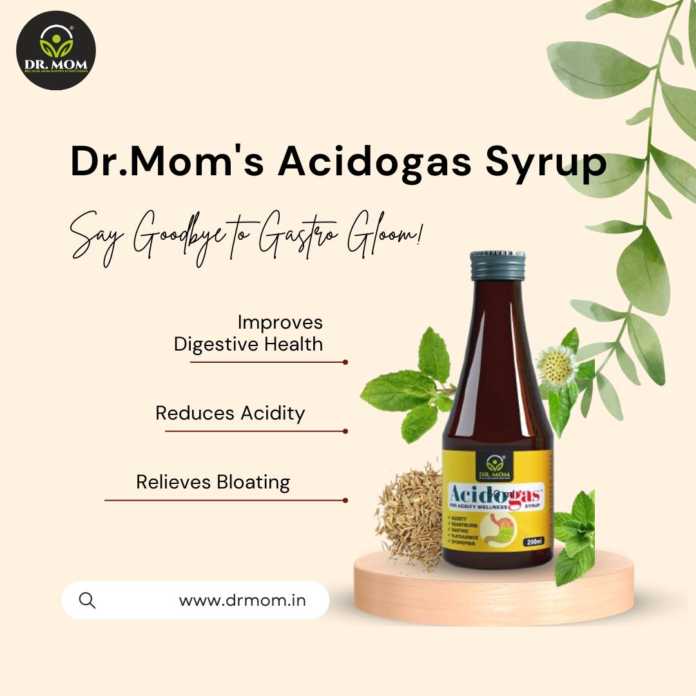
The Digestive Debate: How to Achieve Optimal Gut Health
Introduction:
Digestive health is a topic that has gained increasing attention in recent years as more research has revealed the crucial role that the gut plays in overall health and well-being. From digestion to immunity, the gut is involved in a wide range of bodily functions, making it essential to maintain optimal gut health. However, with so much conflicting information out there, it can be challenging to know the best practices for achieving optimal gut health. In this article, we will explore the digestive debate and provide tips on how to achieve optimal gut health.
What is Gut Health?
Before delving into the digestive debate, it’s essential to understand what gut health actually means. The gut, also known as the gastrointestinal tract, is a complex system of organs that includes the stomach, small and large intestines, and other organs involved in digestion. The gut is populated by trillions of bacteria, viruses, and fungi that make up the gut microbiome, which plays a crucial role in digestion, metabolism, and immune function.
When the gut microbiome is in balance, it helps to keep the digestive system functioning optimally and supports overall health. However, when the balance of good and bad bacteria in the gut is disrupted, it can lead to a variety of digestive issues, such as bloating, gas, constipation, diarrhea, and more serious conditions like irritable bowel syndrome (IBS) and inflammatory bowel disease (IBD).
The Digestive Debate:
The digestive debate revolves around the myriad factors that can impact gut health and the best practices for maintaining a healthy gut. One of the main points of contention is the role of diet in gut health. Some experts argue that a diet high in processed foods, sugar, and artificial additives can disrupt the gut microbiome and lead to digestive issues, while others believe that the gut is resilient and can adapt to various dietary patterns.
Another hot topic in the digestive debate is the use of probiotics and prebiotics to support gut health. Probiotics are live bacteria that can help restore the balance of the gut microbiome, while prebiotics are non-digestible fibers that feed the beneficial bacteria in the gut. Some experts believe that these supplements are essential for maintaining gut health, while others argue that a healthy diet alone is sufficient.
Furthermore, the use of antibiotics, stress, and environmental factors like pollution and pesticides can all impact gut health and contribute to digestive issues. Finding the right balance of these factors to support optimal gut health is a key challenge in the digestive debate.
Tips for Achieving Optimal Gut Health:
While the digestive debate continues, there are some general guidelines that can help support gut health and promote overall well-being. Here are some tips for achieving optimal gut health:
1. Eat a diverse diet rich in fruits, vegetables, whole grains, and lean proteins. A varied diet provides the nutrients and fiber needed to support a healthy gut microbiome.
2. Limit the consumption of processed foods, sugar, and artificial additives, which can disrupt the gut microbiome and lead to digestive issues.
3. Include probiotic-rich foods like yogurt, kefir, sauerkraut, and kimchi in your diet to support the balance of good bacteria in the gut.
4. Incorporate prebiotic foods like onions, garlic, bananas, and oats into your diet to feed the beneficial bacteria in the gut.
5. Stay hydrated by drinking plenty of water throughout the day, which helps support digestion and overall gut health.
6. Manage stress through practices like meditation, yoga, and deep breathing, as stress can impact gut health and contribute to digestive issues.
7. Get regular exercise, which can help support digestion, metabolism, and overall gut health.
8. Avoid the overuse of antibiotics whenever possible, as they can disrupt the balance of the gut microbiome.
9. Consult with a healthcare provider or nutritionist if you are experiencing persistent digestive issues or have concerns about your gut health.
In conclusion, achieving optimal gut health is essential for overall well-being. While the digestive debate continues, following these tips can help support a healthy gut microbiome and promote digestion, immunity, and overall health. By eating a diverse diet, incorporating probiotics and prebiotics, managing stress, and staying hydrated, you can create a healthy environment for your gut to thrive. Remember that every body is different, so it’s important to listen to your body and consult with a healthcare provider if you have concerns about your gut health.












